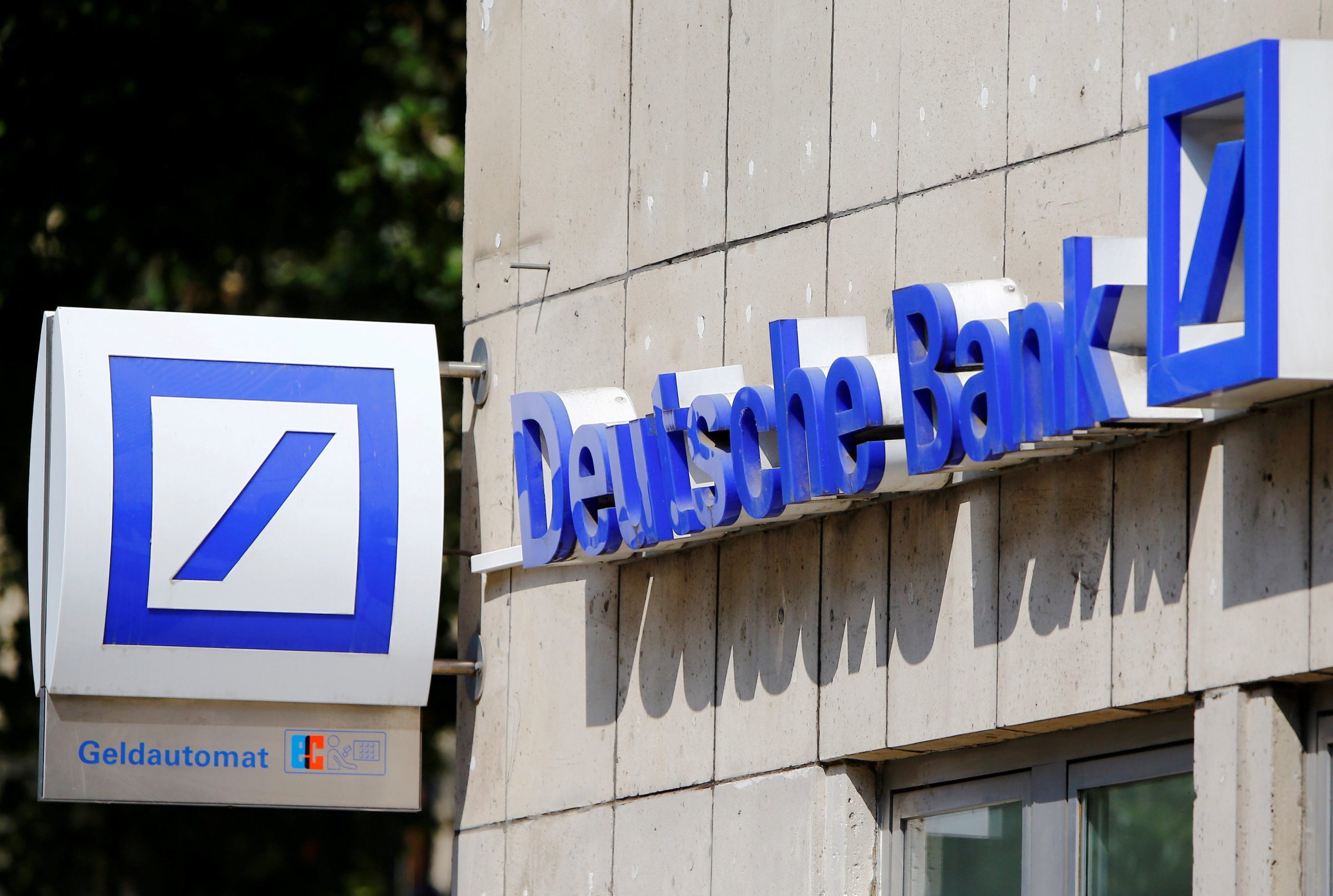In its key economic forecasts, Deutsche Bank projects Greece’s economic growth will remain significantly below the average forecast by most analysts, estimating it will be only 1.2% in 2024.
Despite the cautious prediction, the bank adds that a notable improvement in the GDP is expected, nearing 2% in 2025. Additionally, the bank predicts a decline in inflation to 2.2% in the coming year, with the government aiming to reduce the budget deficit to 1%.
Despite its reserved optimism for Greece, Deutsche Bank expresses hesitancy about the Eurozone as a whole, suggesting it may experience mild recession.
Concerns persist regarding the downward risks to the recovery rate in the second half of 2024. Despite recent inflation surprises, the bank maintains a balanced view of medium-term inflation risks.
The German Bank anticipates a “weak” recession in the second half of 2023, with limited prospects of a deeper downturn. While acknowledging the limited downward risk of the current recession, there is a potential for the growth recovery from the second half of 2024 to be slower than expected.
Three key factors will shape the macroeconomic outcome in 2024: the transmission of monetary policy, the labor market, and competitiveness, according to Deutsche Bank.
Economic indicators suggest a robust transmission of policy tightening to the real economy. However, the bank cautions that we may be near the peak of this transmission and warns of the possibility of even weaker growth if their assessment proves incorrect.
Competitiveness in the Eurozone remains low despite falling energy prices. High uncertainty, the risk of slower growth, and factors such as the rise of populism, the German fiscal crisis, and the reintroduction of fiscal rules in 2024 could potentially constrain the pace of transition.



